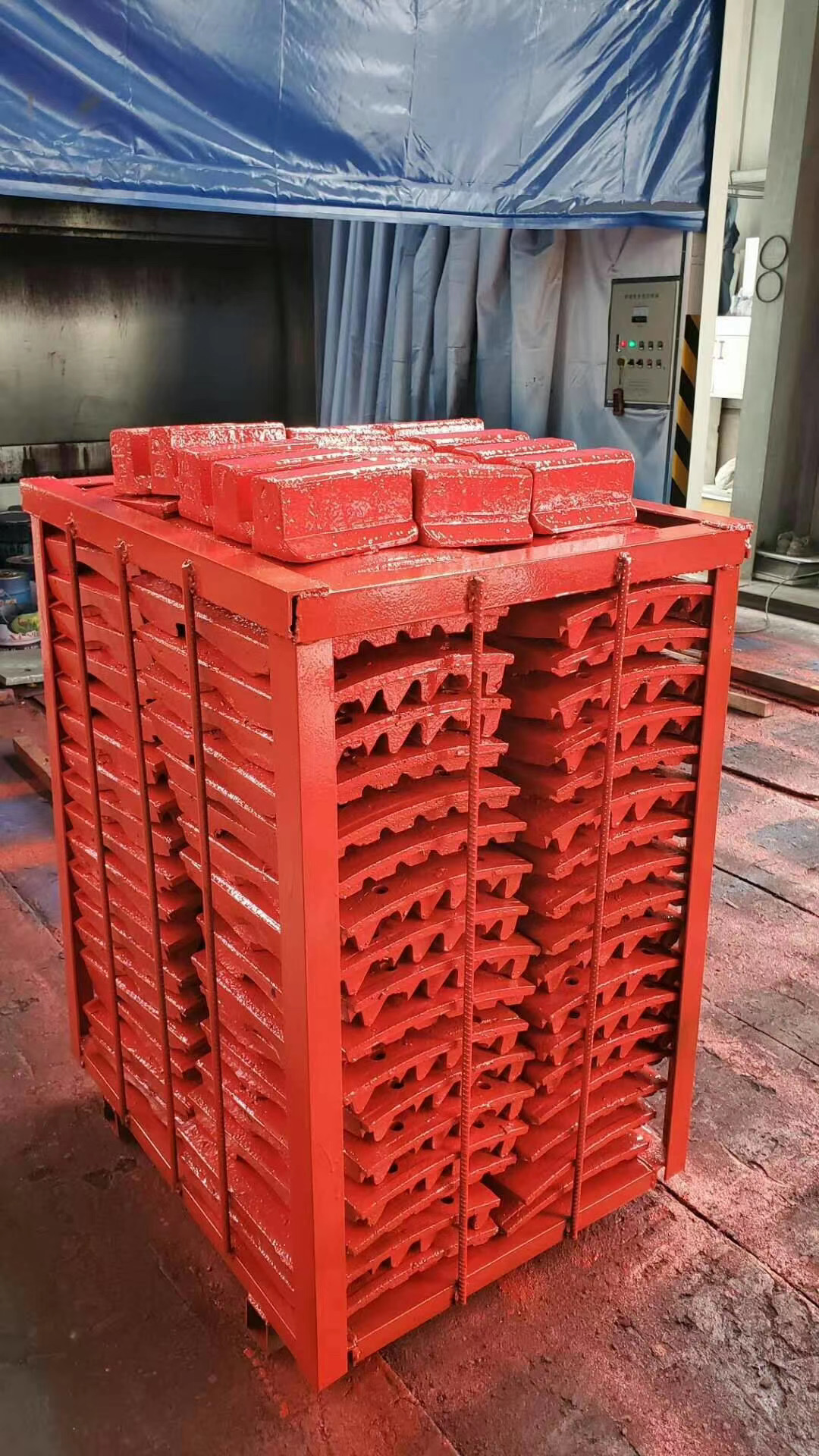




Cast iron has been a cornerstone of industrial manufacturing for centuries, valued for its durability, heat retention, and versatility. From ancient civilizations to modern engineering, cast iron remains a critical material in producing components for machinery, infrastructure, and everyday tools. Hebei Mingda International Trading Company, a leading manufacturer and supplier of cast iron products, has leveraged its expertise to deliver high-quality cast iron plates tailored to diverse industrial needs. This article explores the technical specifications, applications, and advantages of Mingda’s cast iron plates, alongside the company’s commitment to precision and innovation.
Established with a focus on castings, forgings, and machinery parts, Hebei Mingda International Trading Company has built a reputation for excellence in the production of cast iron plates and related components. With over 16 years of experience, the company specializes in ductile iron, gray iron, and brass castings, serving both domestic and international markets. Mingda’s state-of-the-art facilities and advanced manufacturing processes ensure that every product meets stringent quality standards.
One of the company’s key strengths lies in its ability to produce customized cast iron plates according to customer specifications. Whether it’s for valves, hydrants, or pump components, Mingda’s team of engineers and technicians employs a variety of casting techniques, including resin sand casting, lost-wax casting, and vacuum molding. This flexibility allows the company to address the unique requirements of industries ranging from automotive to construction.
As highlighted on their company page, Mingda’s commitment to quality is evident in its rigorous production controls and continuous improvement initiatives. The company’s focus on surface finish and material integrity ensures that its products are not only functional but also aesthetically pleasing, meeting the demands of modern manufacturing.

Cast iron plates are a type of iron-carbon alloy with a carbon content exceeding 2.11%, making them distinct from carbon steel. This high carbon content contributes to the material’s unique properties, including excellent wear resistance, thermal stability, and machinability. Mingda’s cast iron plates are available in multiple grades, each tailored to specific applications.
There are several types of cast iron, each with distinct characteristics:
Mingda’s cast iron plates are manufactured using advanced techniques to ensure dimensional accuracy and surface quality. The company’s expertise in CNC machining and secondary processing allows for the production of complex geometries with tight tolerances. This makes their products suitable for industries where precision is critical, such as aerospace and medical equipment.
| Parameter | Details |
|---|---|
| Material | Cast Iron (Ductile, Gray, White) |
| Carbon Content | 2.5% - 4% |
| Hardness | 150-300 HB (varies by type) |
| Dimensions | 1mm - 300mm (customizable) |
| Surface Finish | Smooth, with minimal porosity |
| Applications | Valves, Hydrants, Pumps, Machinery Components |
| Manufacturing Processes | Resin Sand Casting, Lost-Wax Casting, Vacuum Molding |
Cast iron plates from Hebei Mingda find extensive use across various industries due to their durability and adaptability. Some key applications include:
Mingda’s ability to customize cast iron plates according to customer drawings ensures that they meet the specific needs of each industry. This flexibility, combined with the company’s focus on quality, has made it a trusted partner for manufacturers worldwide.
Several factors set Hebei Mingda’s cast iron plates apart from competitors:
The company’s commitment to innovation is evident in its adoption of advanced casting techniques, such as lost foam casting and vacuum molding. These methods enhance the structural integrity of the final product while reducing production waste.
As highlighted by the National Institute of Standards and Technology (NIST), adherence to industry standards is crucial for ensuring the reliability and performance of materials like cast iron. NIST provides guidelines for metrology and measurement standards, which are essential for maintaining consistency in manufacturing processes.
Hebei Mingda International Trading Company aligns its quality control measures with these standards. By implementing NIST-recommended practices, the company ensures that its cast iron plates meet the required mechanical and physical properties. This includes rigorous testing for hardness, tensile strength, and dimensional accuracy, as outlined in NIST publications.
According to NIST’s research, standards for materials testing help manufacturers identify potential flaws and improve product performance. Mingda’s investment in advanced testing equipment and skilled personnel reflects its dedication to upholding these standards.
Hebei Mingda International Trading Company’s cast iron plates exemplify the balance between traditional craftsmanship and modern technology. With a focus on precision, customization, and quality, the company has established itself as a reliable supplier in the global market. Whether for industrial machinery or hydraulic systems, Mingda’s products are designed to meet the evolving demands of modern engineering.
As the manufacturing landscape continues to advance, companies like Mingda play a vital role in driving innovation. Their commitment to precision machining and casting technologies ensures that cast iron remains a material of choice for critical applications. By adhering to NIST standards, Mingda not only enhances its credibility but also contributes to the broader goal of advancing industrial excellence.
National Institute of Standards and Technology (NIST) provides authoritative guidelines for materials testing and measurement standards. These resources are essential for ensuring the quality and reliability of industrial materials like cast iron. For further information, visit the NIST website.